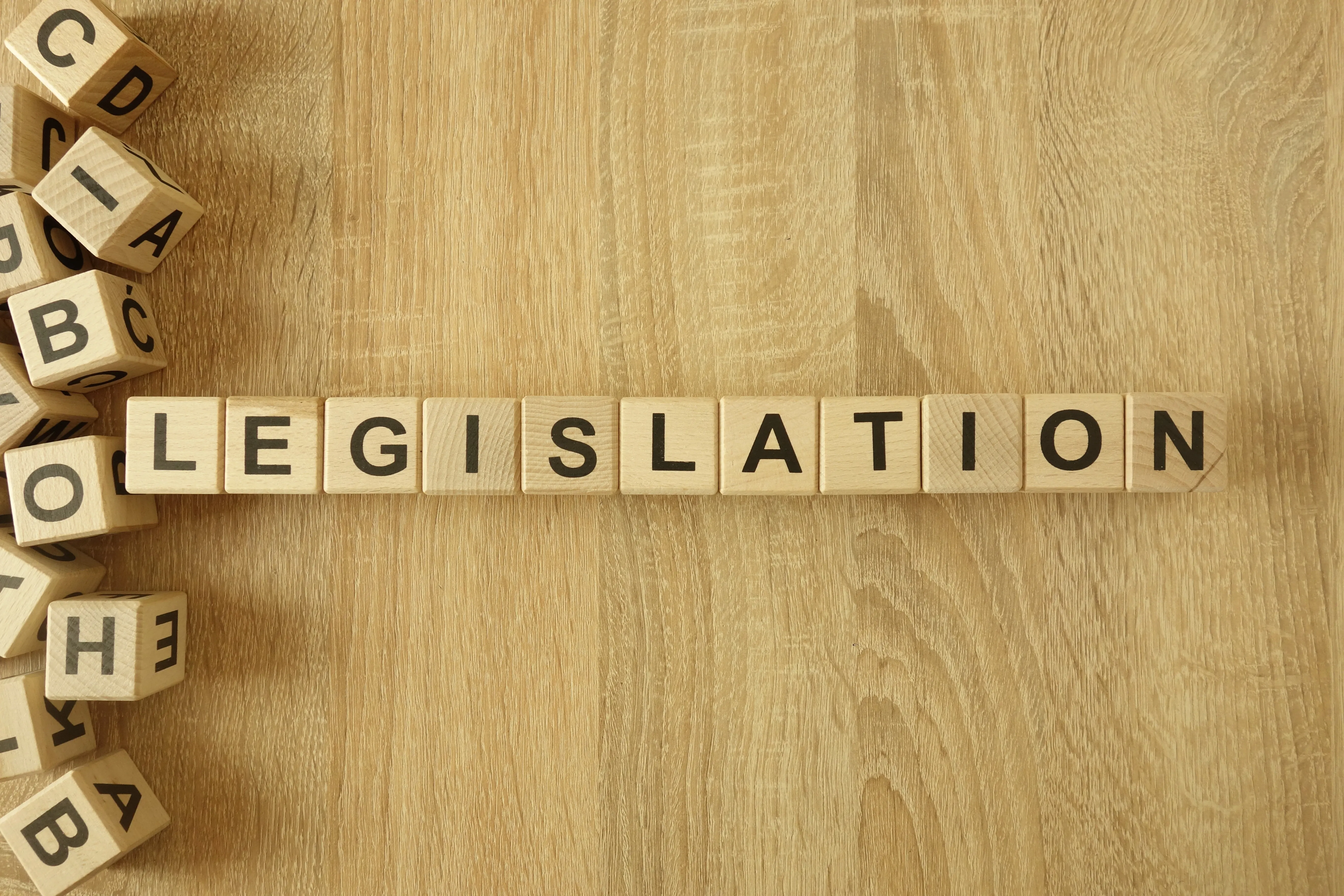
Bills introduced in Texas Legislature would prohibit social media companies from censoring political viewpoints
(The Center Square) – Texas lawmakers rolled out legislation that would prohibit and penalize social media companies from censoring Texans on their platforms.
In a press conference held in Tyler, Texas with state Sen. Bryan Hughes, R-Mineola, Gov. Greg Abbott expressed his support of Senate Bill 12, which would bar social media companies from censoring people based on their viewpoints. Rep. Jeff Cason, R-Euless, introduced the companion bill this week, House Bill 3001, the Protect Free Speech on Social Media Act.
The bills would also allow individuals to sue if they are wrongfully deplatformed or restricted.
"Social media sites have become our modern-day public squares where information should be able to flow freely, but social media companies are now acting as judge and jury on determining what viewpoints are valid,” Abbott said. “America was built on freedom of speech and healthy public debate, and efforts to silence conservative viewpoints on social media are wrong and weaken public discourse.
Abbott expressed his commitment to “help protect Texans from being wrongfully censored on social media for voicing their political or religious viewpoints,” and “taking a stand against Big Tech’s political censorship and protecting Texans’ right to freedom of expression.”
Abbott expects the bill to pass and to be signed into law.
On Monday, Facebook, Google, and Twitter representatives declined an invitation to discuss the legislation at a hearing held by the state Senate State Affairs Committee.
At the hearing, Hughes said his bill requires a complaint mechanism for users and argues that states are allowed to regulate websites. If social media companies censor or block a user, the bill requires that they unblock and un-censor them. Companies would also be required to pay all plaintiff court costs and attorney fees if they are sued. If social media companies don’t comply, the state of Texas will fine them, according to the bill.
At the hearing, Jeremy Dias of First Liberty Institute, a religious liberty legal defense nonprofit, cited examples of big tech censorship of conservative posts. In one example he cited, the nonprofit group, Focus on the Family, was locked out of the social media app Twitter after it stated its opposition to a presidential nominee.
Thousands of examples of conservatives and Republicans have been reported to state and federal agencies and officials, including the censoring of former President Donald Trump, by social media companies that have blocked them from expressing their socio-political or religious views on a range of platforms that are blocked for violating vague “community standards” set by big tech companies.
Cason’s bill would allow adult Texas residents to seek civil action against a social media website that purposefully deletes or censors the user's political or religious speech, or uses an algorithm to disfavor or censor the user's political or religious speech.
“The past year has seen an unprecedented amount of censorship by social media companies throughout the United States,” Cason said. “Although a company has the right to censor speech they choose by virtue of being a private entity, often these companies go far beyond what a typical user would understand in the agreed upon Terms of Service.”
A claimant who prevails in an action may recover exemplary damages of $75,000 per purposeful action, regardless of whether actual damages are awarded, according to Cason’s bill. Claimants would also eligible for actual damages, other forms of equitable relief, court costs, and reasonable attorney's fees.
















